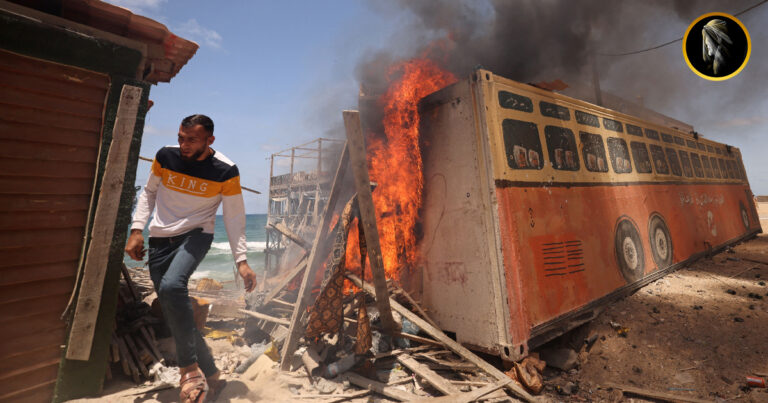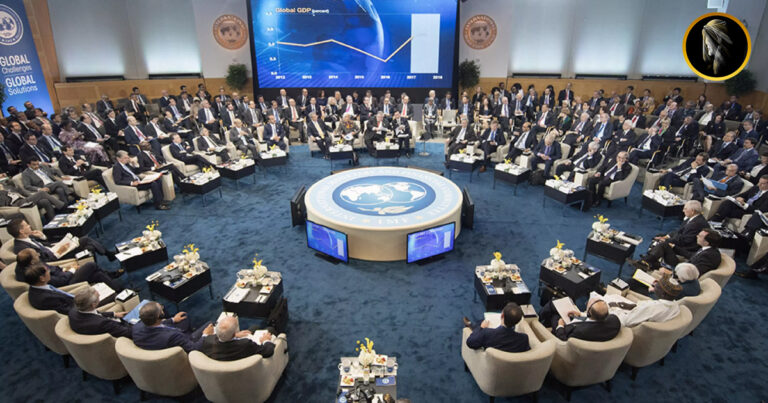Amid a coup in Niger that has lasted ten days, U.S. forces at a counterterrorism base in West Africa are facing increased challenges. Flights to and from Niger have been restricted, requiring American permission for each flight due to coup leadership. Fuel shortages also necessitate approval from the U.S. commander for aircraft refueling.
While European countries evacuate their citizens from Niger, the Biden administration is committed to staying. Niger is seen as a crucial counterterrorism outpost, and the U.S. aims to prevent a surge in jihadist groups and increased influence from Russia’s Wagner mercenary group.
The U.S. Embassy remains open, with President Biden and Secretary of State Antony Blinken urging the release of Niger’s democratically elected President Mohammed Bazoum and the restoration of democracy. The U.S. refuses to officially label the situation as a coup, holding onto hope for a return to civilian government.
This stance differs from the U.S. response to other international crises, like Sudan, where American diplomats and security forces quickly evacuated. The U.S. is cautious about sanctions and isolation, given the presence of jihadists and Kremlin-aligned forces.
U.S. personnel continue their operations in Niger, including at Air Base 201 in Agadez and Air Base 101 in Niamey, the capital. These bases support counterterror operations against extremist groups in the region.
The coup has led to restricted refueling and airspace closures, impacting U.S. military operations in Niger. The U.S. has invested significant resources in training Nigerien forces.
If the coup persists, it could affect the U.S.’s strong partnership with Niger and prompt a reduction in U.S. presence. Russian Wagner mercenaries are active in neighboring countries, including Mali, and could exploit the instability in Niger.
Overall, the U.S. is determined to maintain its presence in Niger to combat terrorism and prevent further destabilizatio








